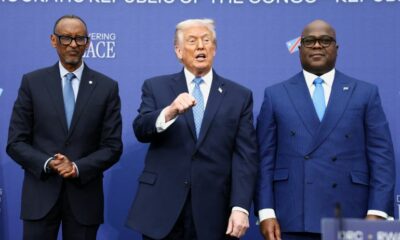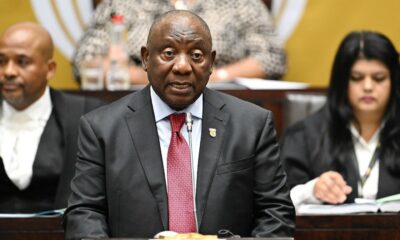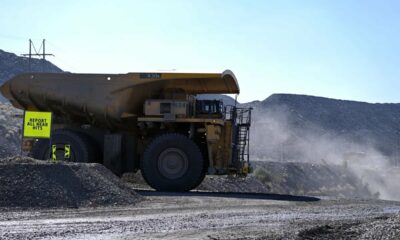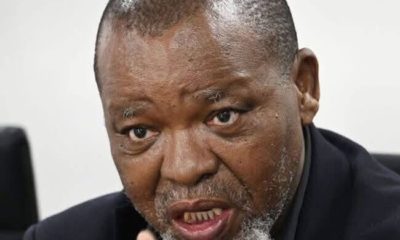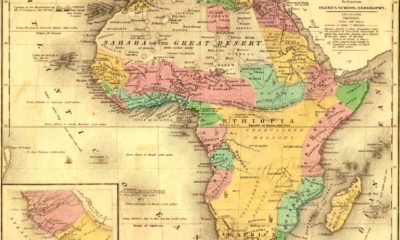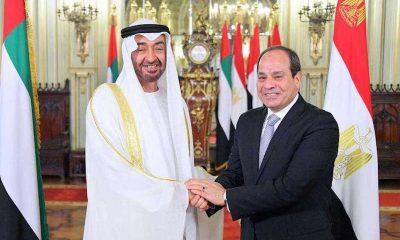Business
China’s Zero-Tariff Power Play: What Africa Gains as the US Retreats
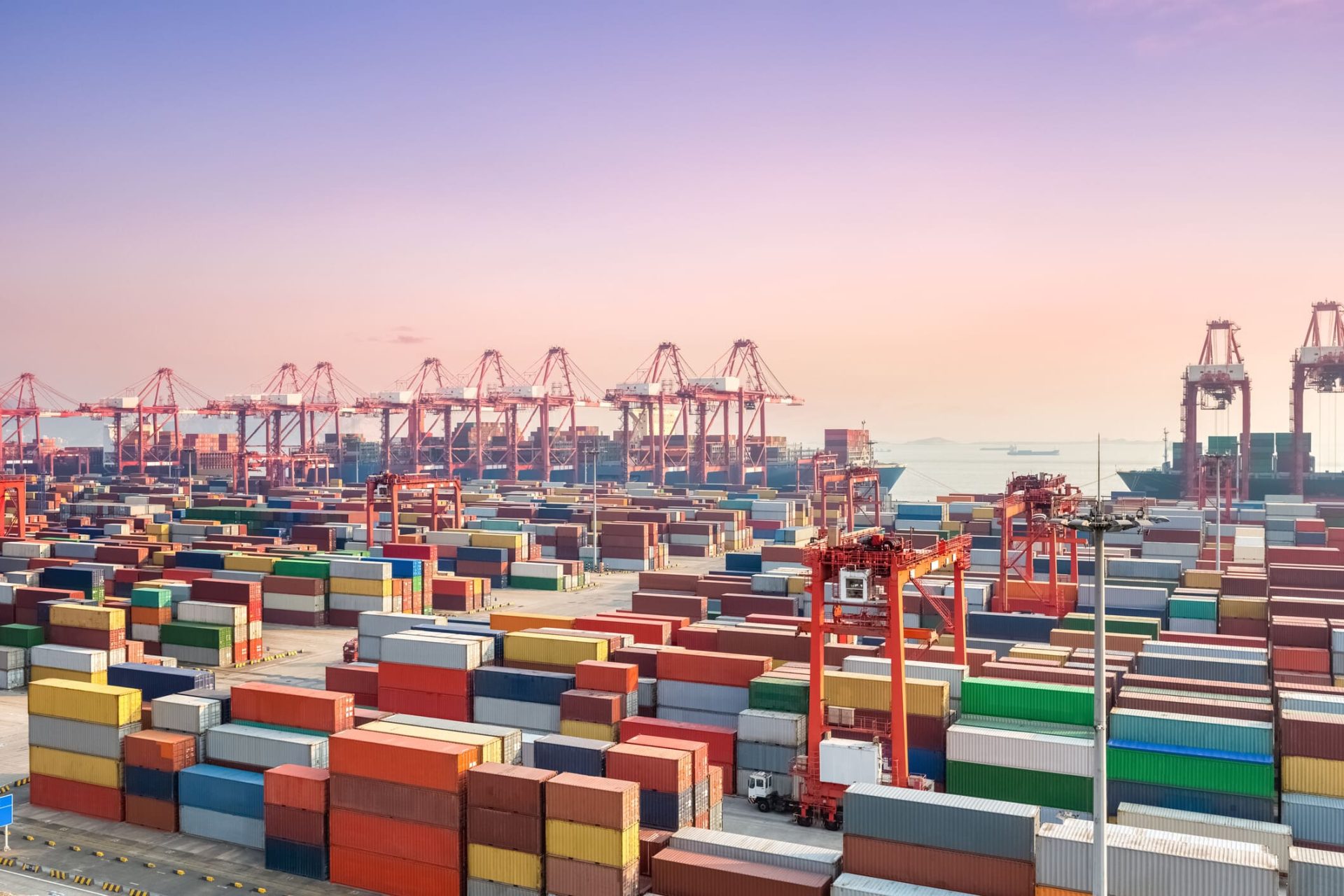
As Washington builds walls, Beijing builds bridges
While global headlines are locked on the Middle East or US President Donald Trump’s latest tariff twist, China is quietly redrawing the global trade map with Africa front and centre. In a move that could reshape the continent’s economic alliances, China has scrapped import tariffs on nearly all goods from 53 African countries, positioning itself as Africa’s new best economic friend.
The only African country left out? Eswatini and not by accident. Its continued diplomatic ties with Taiwan violate Beijing’s ‘One China’ policy, showing that even generosity comes with geopolitical strings attached.
A Strategic Move Cloaked in Generosity
On the surface, it looks like a win-win. China removes trade barriers, and African exporters, especially in underdeveloped economies — get easier access to the world’s second-largest market. But this isn’t just about trade. This is smart, patient diplomacy.
“It’s a long-term bet on African alignment,” says Brendon Verster, an economist at Oxford Economics Africa. “Beijing is doubling down on South-South cooperation while the US focuses inward.”
Verster sees the move as part of a broader playbook. Alongside tariff relief, China has offered concessional loans, infrastructure megaprojects, and deepening cultural exchanges. It’s not just helping Africa export, it’s making sure Africa looks East when the global economy calls.
From Trade to Trust: Africa’s Changing Loyalties
Trade between China and Africa was already booming. China is the top export destination for countries like the DRC (66%), Angola (46.4%), Zimbabwe (20.1%), and Zambia (18.7%). With this new zero-tariff policy, even more African economies could shift their weight behind Beijing.
Meanwhile, the US is losing ground. Its investments in Africa have slipped from $50 billion in 2017 to $45 billion in 2021, while China’s remained steady. Verster notes that while the US still edges out China in countries like Lesotho, Mauritius, and Egypt, the tide is turning.
Online, the public conversation has been more skeptical than celebratory.
“China gives you roads, yes, but at what cost?” one South African user posted on X.
“We need to ask why we’re exporting more but owning less,” another replied.
The concern isn’t unfounded. Chinese-funded infrastructure deals have left some African countries buried under debt, prompting critics to warn of a new kind of economic colonisation.
The Global South Stands Up
China’s latest move follows the Changsha Declaration, an agreement between China and African nations to build what they’re calling an “all-weather community.” It’s heavy on solidarity rhetoric and light on legal specifics — but the message is clear: China wants Africa as a long-term partner, and it’s willing to put yuan where its mouth is.
The declaration openly criticises “economic bullying,” clearly referring to Trump’s ‘Liberation Day’ tariffs. Without naming the US, it calls on “all countries” to resolve disputes through dialogue — a diplomatic jab dressed as cooperation.
Critical Minerals: Africa’s Leverage in a Greener Future
There’s another layer to this: critical minerals. As the world pivots toward green energy and electric vehicles, Africa’s lithium, cobalt and rare earth reserves have become the next oil. And China wants in — early and deep.
“This is also about locking in access to Africa’s mineral wealth before the West even finishes drawing up strategy documents,” Verster explains.
It’s no coincidence that countries rich in natural resources are being wooed hardest. China knows the future will be won not just with trade, but with control over what the world runs on.
What This Means for Africa
If played wisely, Africa stands to gain a lot:
-
Diversified exports
-
Foreign exchange growth
-
Job creation through stronger global integration
-
Improved infrastructure through bilateral cooperation
But the danger is clear: if these deals are one-sided, African economies could become over-reliant on one partner, with little bargaining power down the line.
Is This the New Non-Aligned Movement?
China’s tariff move isn’t just economic policy, it’s 21st-century diplomacy in action. Africa finds itself at the centre of a new global tug-of-war, where influence isn’t fought with bombs or boots, but with spreadsheets and supply chains.
Whether this creates lasting growth or just shifts dependence remains to be seen. For now, the balance is tilting. As the US retreats, China is shaking hands, opening ports, and writing the next chapter of Africa’s global future.
{Source: The Citizen}
Follow Joburg ETC on Facebook, Twitter , TikTok and Instagram
For more News in Johannesburg, visit joburgetc.com

